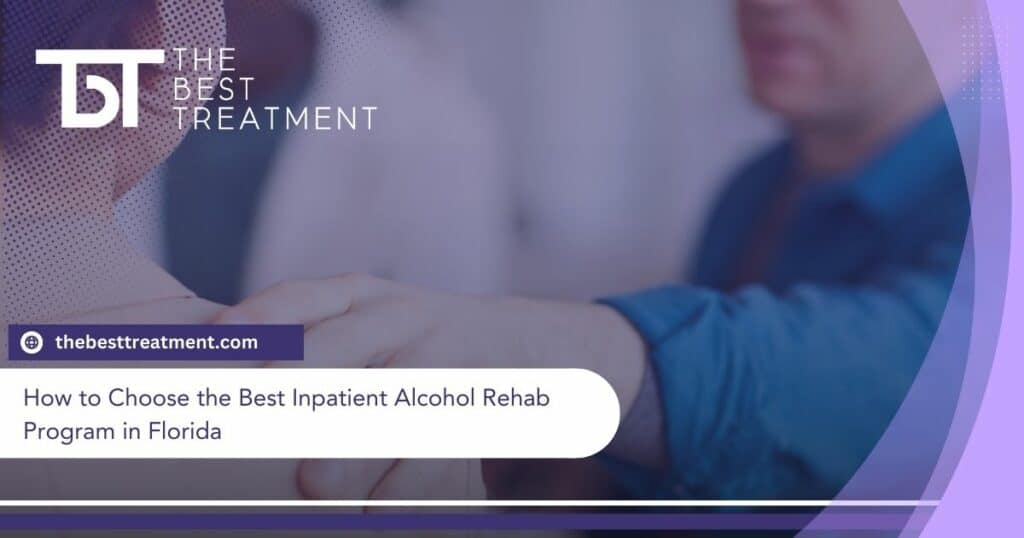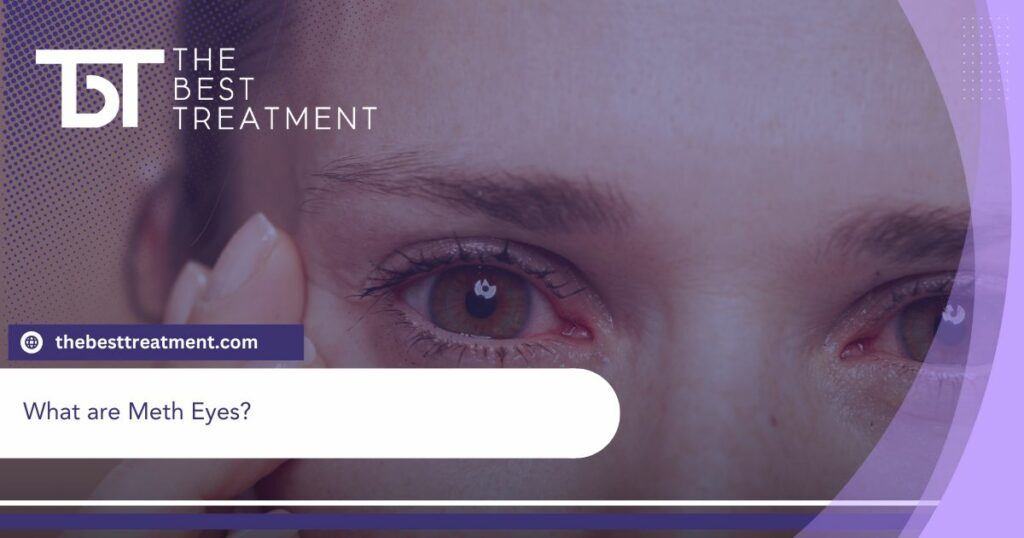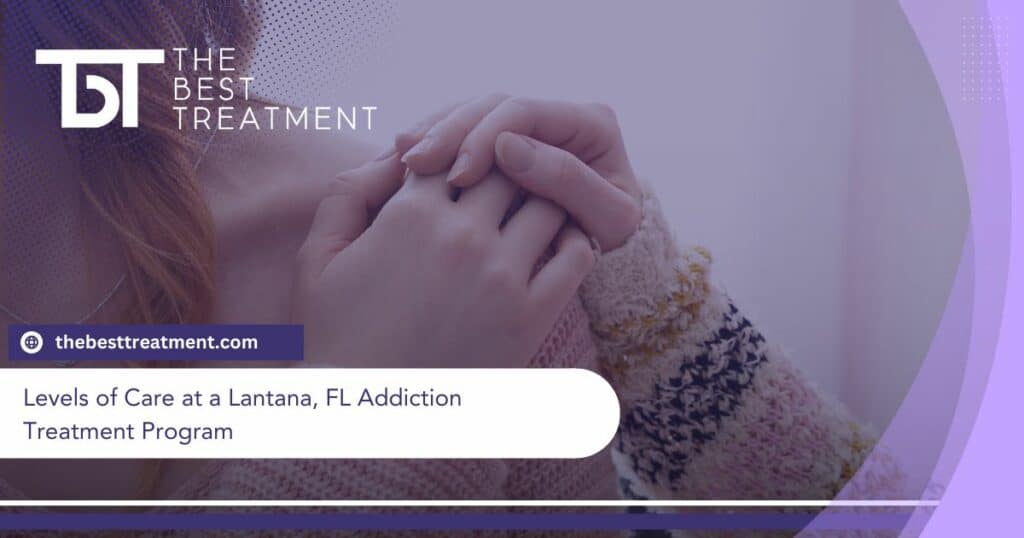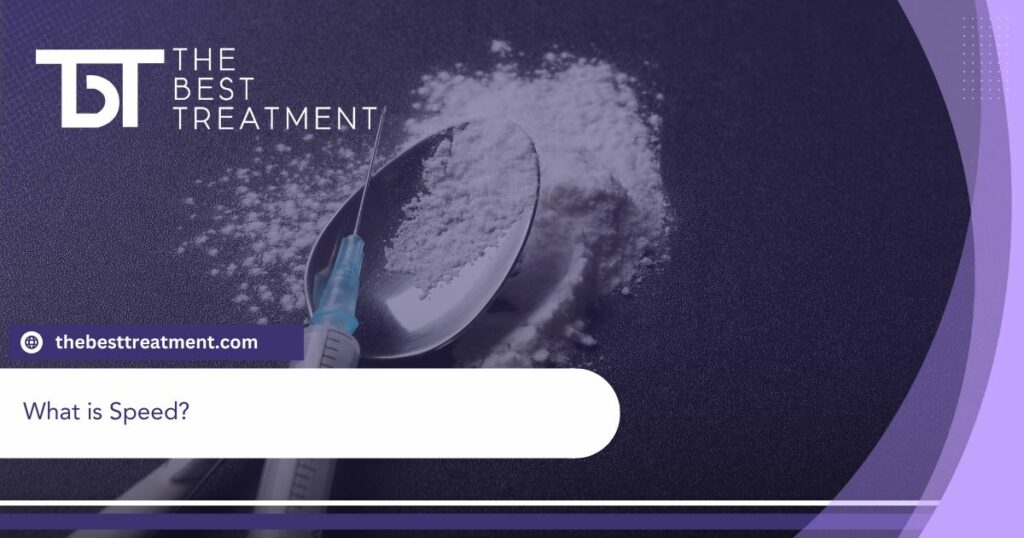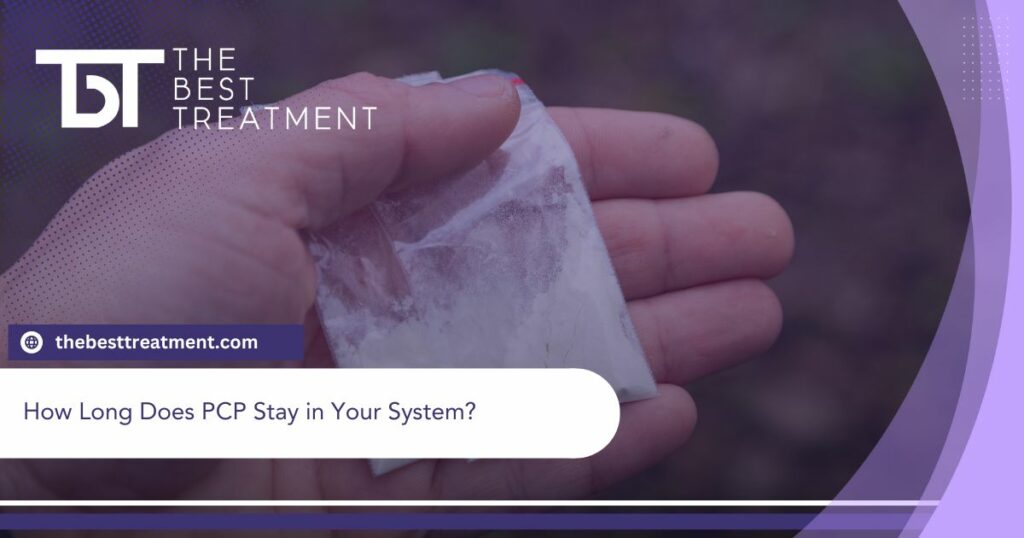Table of Contents
Home remedies are self-help methods that people may use to help ease their withdrawal symptoms when detoxing from alcohol. There are many reasons why people may turn to home remedies for alcohol withdrawal. For example, some people are embarrassed to seek help so they would rather try to detox alone. Others cannot afford treatment, can’t find a bed, or have a negative view of treatment and refuse to go to alcohol rehab altogether. On the other hand, some people may have no intention of giving up alcohol – they just need to soothe their symptoms until they can get their hands on more liquor.
Alcoholism is a progressive and potentially fatal condition and there is no cure. Although home-remedies may have good intentions, there is no evidence supporting these treatments. Instead, the safest way to detox from alcohol is to do so in a medical setting.
Alcohol Dependence and Addiction
When a person drinks more alcohol than what is healthy and socially acceptable, it is considered alcohol abuse. When drinking starts interfering in someone’s life, causing social, emotional, or financial problems, a person likely has a drinking problem. Unfortunately, people who have a drinking problem often don’t recognize they have a problem until it is too late. As a result, they continue drinking.
Chronic alcohol abuse can lead to physical dependence. This means the body gets so used to having alcohol in the system, that it can’t function normally without it. Then, people will need to drink increasing amounts of alcohol in order to feel drunk. Once they pass this threshold of tolerance and dependence, a person is said to be addicted to alcohol. Alcohol addiction, formally known as alcohol use disorder (AUD) is a pattern of drinking where a person continues to drink even though they don’t feel pleasure from drinking and are experiencing negative life consequences as a result of their alcohol consumption. Users who are tolerant and dependent on alcohol will experience painful and even life-threatening withdrawal symptoms when they stop drinking.
There are many risks associated with alcohol abuse and addiction. For example, binge drinking can lead to alcohol poisoning and death. Long term alcohol abuse can lead to a variety of physical problems like cirrhosis of the liver, high blood pressure, and stroke. Similarly, people who become addicted to alcohol are more likely to develop mental health conditions like depression, leading to additional symptoms that are difficult to cope with.
How Safe Are Home Remedies for Alcohol Detox?
Home remedies used for alcohol withdrawal are treatments that are used without medical supervision or science-backed proof of success. Many people will attempt this in order to avoid visiting a healthcare provider. However, attempting to detox at home or anywhere that is outside of a medical setting is extremely dangerous and can be fatal. Even if someone’s symptoms aren’t severe, the alcohol cravings they experience may be so strong that they return to drinking before completing detox.
Alcoholism is unpredictable, especially the withdrawals associated with it. You never know when or if a complication will arise that requires medical attention. Variances in lifestyle, length of alcohol abuse, mental health, and genetics will all affect the severity and duration of the detox experience. Also, the ways in which a person’s mind and body react to withdrawal can vary from one person to the next. People who are considering trying home remedies to get through alcohol detox should consider the imminent risks of doing so, such as seizures, hallucinations, coma, or delirium tremens.
People who don’t have medical training, equipment, or life-saving medications cannot control the unexpected complications that may occur during at-home alcohol detox. If something happens, such as an irregular heartbeat or delirium, non-professionals will not know how to intervene. Instead, they may waste time trying to fix the situation or waiting for medical attention to arrive. In the end, seeking help from a medical detox is far safer than trying at-home remedies. It could literally mean the difference between life and death of the addicted individual.
Typical Treatment for Alcohol Withdrawal
To ensure a safe and successful outcome, alcohol withdrawal should always take place in a safe, supportive, controlled, and medical environment. Medical detox centers have a team of professionals on staff who can identify, manage, and treat issues that occur during withdrawal. Conversely, attempting to detox from alcohol with home remedies can make the process far more challenging, ultimately causing the process to be ineffective.
Doctors and addiction specialists can prescribe and administer medications that minimize alcohol withdrawal symptoms and prevent life-threatening complications. Symptoms you may experience during alcohol withdrawal include:
- Depression
- Anxiety
- Irritability
- Headache
- Confusion
- Loss of appetite
- Nausea
- Vomiting
- Mood swings
- Shaking
- Sweating
- Tremors
- Insomnia
- Seizures
- Hallucinations
- Delirium tremens
Prescription medications have science-backed evidence that they work and are safe, whereas home remedies for alcohol withdrawal are usually promoted by weak-evidence or word-of-mouth claims. In addition, the environment in which a person detoxes is also important. People rarely realize that trying to detox at home may remind a person of their triggers, causing them to drink. This is because the brain naturally creates associations with things. If the person drank at home often and was addicted to alcohol, they likely associate the pleasure of drinking alcohol with being at home and drinking. Triggers such as these can sabotage the detox process.
Instead, detoxing from alcohol in a structured and controlled environment will improve the chances that treatment will be successful. Furthermore, medical detox facilities can provide referrals to treatment as well as aftercare planning.
Remedies to Reduce the Severity of Alcohol Withdrawal
Although healthcare professionals never recommend people to self-detox, many people attempt it at one point or another. Whether they simply can’t get their hands on more alcohol or have a genuine desire to quit, it’s important that people stay safe if attempting to detox with home remedies for alcohol withdrawal.
Diet
Diet and nutrition play a major role in how severe withdrawal symptoms are and how long they last. For example, a diet consisting of processed foods and foods high in sugar may result in worse psychiatric symptoms and a longer withdrawal period. Instead, try to eat a nutritious and well-balanced diet consisting of fresh fruits and vegetables, lean proteins, and whole grains.
Hydration
Alcohol withdrawal may cause loss of appetite, vomiting, and diarrhea, so it’s easy to lose a lot of fluids quickly. To avoid getting dehydrated, make sure to drink enough water, juice, and other liquids to keep yourself hydrated.
Support
It’s important to both clear your schedule and remove alcohol from your home if you want to get self-detox. However, it’s also important to get support from family and friends. Instead of trying to detox alone, as a trusted friend or family member to stay with you and help ensure your safety. This way, if complications do occur, they can get you medical attention.
Get Professional Help With Alcohol Detox Today
There are serious risks associated with trying to use home remedies during alcohol withdrawal. A far safer option is to attend a medical detox program where professionals can provide you with medical stabilization and peer support in a safe and structured environment.
Although you may be hesitant to enter an alcohol rehab program, it’s the safest and most effective way to detox. If you or a loved one are ready to begin your recovery, our alcohol detox in West Palm Beach can help. Contact one of our treatment professionals today. We’ll help you get started on the road to recovery.
Medically Reviewed: September 25, 2019

All of the information on this page has been reviewed and verified by a certified addiction professional.





